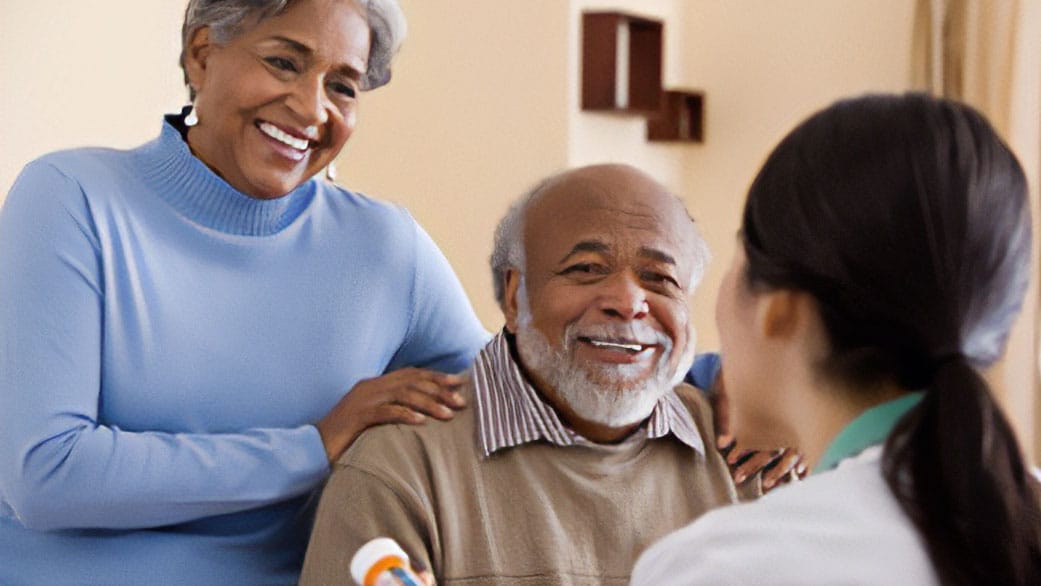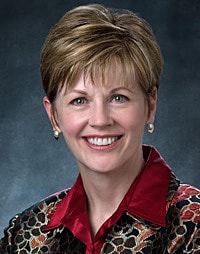At a glance
Communicating health information to older adults is its own technique. The resources below can show you how to disseminate health messaging to older audiences in various formats.

Communicating effectively with older adults
Do you want to communicate health messages to an older adult audience? Whether you’re developing print or online information, broadcast media or delivering a health presentation, this web site is for you. This section will provide tools and resources to help public health professionals improve their communication with older adults by focusing on health literacy issues.
These resources are for all professionals and organizations that interact and communicate with older adults about health issues. These organizations include:
- Public health departments
- Healthcare providers and facilities
- Government agencies
- Non-profit/community advocacy organizations
- The media
- Health-related industries
Are you ready?
Older adults: Health literacy skills
The National Assessment of Adult Literacy (NAAL) indicates the following about older adults' health literacy skills:
- 71% of adults older than age 60 had difficulty in using print materials
- 80% had difficulty using documents such as forms or charts
- 68% had difficulty with interpreting numbers and doing calculations
We can improve how we communicate with older adults and create materials and messages that match their health literacy skills.

In this podcast, Dr. Lynda Anderson, former Director of CDC's Healthy Aging Program discusses the importance of addressing health literacy issues for older adults.
